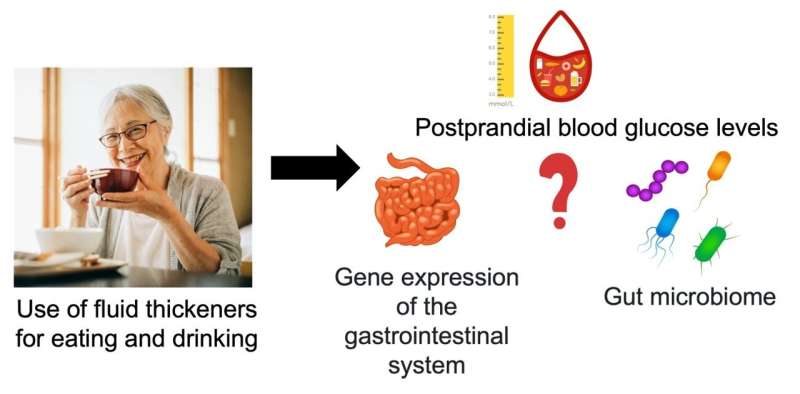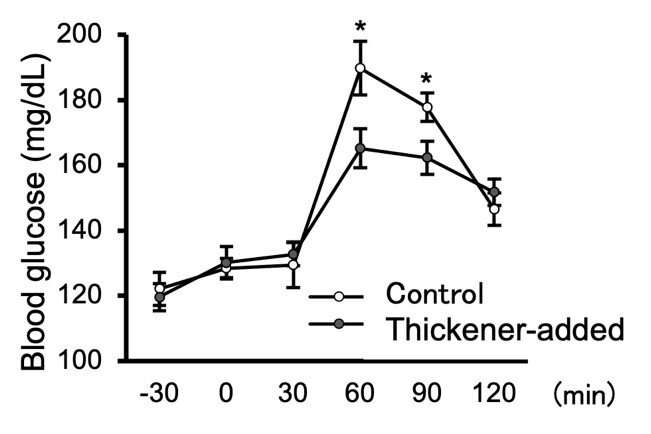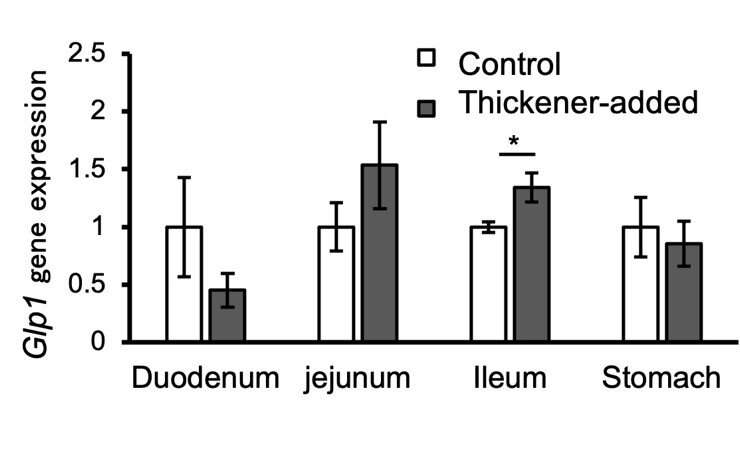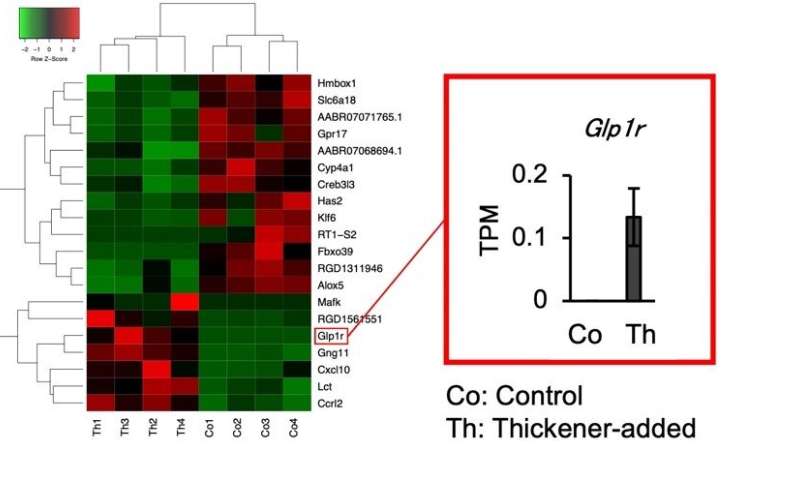
Type 2 diabetes mellitus is a common lifestyle disease that is prevalent worldwide. It can often lead to complications, such as diseases of the heart, and increased risk of death, but preventive measures, such as a healthy diet, can reduce these risks. Now, a study in Japan has shown that xanthan gum-based fluid thickener can lower blood glucose levels after eating.
Several studies have shown that heart diseases and metabolic disorders, such as type 2 diabetes, are associated with the blood glucose levels after eating. However, certain foods, like the condiment vinegar, are reported to help decrease these levels if eaten with a meal. Another food product that produces a similar effect are dietary fibers. These fibers are also known to increase insulin response, improve fat metabolism, and have positive effects on the gut microbiome.
One such soluble fiber, xanthan gum, is used in a range of foods, including fluid thickeners, to prevent aspiration (choking) for patients who have difficulty swallowing. However, the biological effects of fluid thickener on postprandial blood glucose levels, gene expression in the gastrointestinal tract, and gut microbiome have not been fully clarified (Fig.1). The purpose of this study was to determine whether fluid thickeners have additional effects, particularly on postprandial blood glucose levels related to gene expression in the gastrointestinal tract and gut microbiome.
-

Fig.2A: Blood glucose levels during the glucose tolerance test. Credit: Department of Dysphagia Rehabilitation, TMDU
-

Fig.2B: Glp1 gene expression in each gastrointestinal tract. Credit: Department of Dysphagia Rehabilitation, TMDU
The rats were divided into two groups; those that were administered liquid thickened with a xanthan gum-based fluid thickener or saline for 5 weeks. Oral glucose tolerance test was performed 4 weeks after the beginning of the experiment. The blood glucose levels of rats were measured before glucose was given and at set intervals afterwards.
The RNA from different parts of the gastrointestinal system tissues were collected for qPCR method. Thereafter, the gene expression in the ileum and gut microbiome were comprehensively analyzed using a next-generation sequencer, which enables a comprehensive analysis of the amount of gene expression and DNA derived from microorganisms by decoding large quantities of DNA sequences at high speed.
-

Fig.2C: Glp1r expression was only observed in the fluid thickener added group. Credit: Department of Dysphagia Rehabilitation, TMDU
-

Fig.2D: The order Erysipelotrichales and the family Christensenellaceae are positively correlated with ileal Glp1 and Glp1r gene expression. Credit: Department of Dysphagia Rehabilitation, TMDU
Results showed that blood glucose levels at 60 and 90 minutes after being given glucose were significantly lower in rats given thickened liquid (Fig.2A). “The mechanism by which this happened is very interesting. Giving thickened liquid decreased blood glucose levels associated with Glp1 and Glp1r expression in the ileum (Fig.2B,C),” says senior author Haruka Tohara. Furthermore, comprehensive analysis revealed that cholesterol homeostasis, fatty acid metabolism, and glucose metabolism were enriched in the ileum.
Gut microbial composition was also altered after drinking the said thickened liquid. There was an increase in the numbers of two ‘good’ intestinal bacteria, Erysipelotrichales and Christensenellaceae, which is associated with Glp1 and Glp1r expression in the ileum (Fig.2D). These bacteria produce short-chain fatty acids that protect intestinal and pancreatic cells, which assist insulin secretion.

Type 2 diabetes and heart disease are global phenomena that are increasing in many parts of the world. This research showed that xanthan gum-based fluid thickener can prevent aspiration and also assist in the improvement of glucose and lipid metabolism (Fig.3).
The findings are published in the Journal of Functional Foods.
Yuki Nagasawa et al, Xanthan gum-based fluid thickener decreases postprandial blood glucose associated with increase of Glp1 and Glp1r expression in ileum and alteration of gut microbiome, Journal of Functional Foods (2022). DOI: 10.1016/j.jff.2022.105321
Provided by
Tokyo Medical and Dental University
Citation:
Xanthan gum-based fluid thickener can help decrease blood glucose levels (2022, December 27)
retrieved 1 January 2023
from https://medicalxpress.com/news/2022-12-xanthan-gum-based-fluid-thickener-decrease.html
This document is subject to copyright. Apart from any fair dealing for the purpose of private study or research, no
part may be reproduced without the written permission. The content is provided for information purposes only.
Source link








